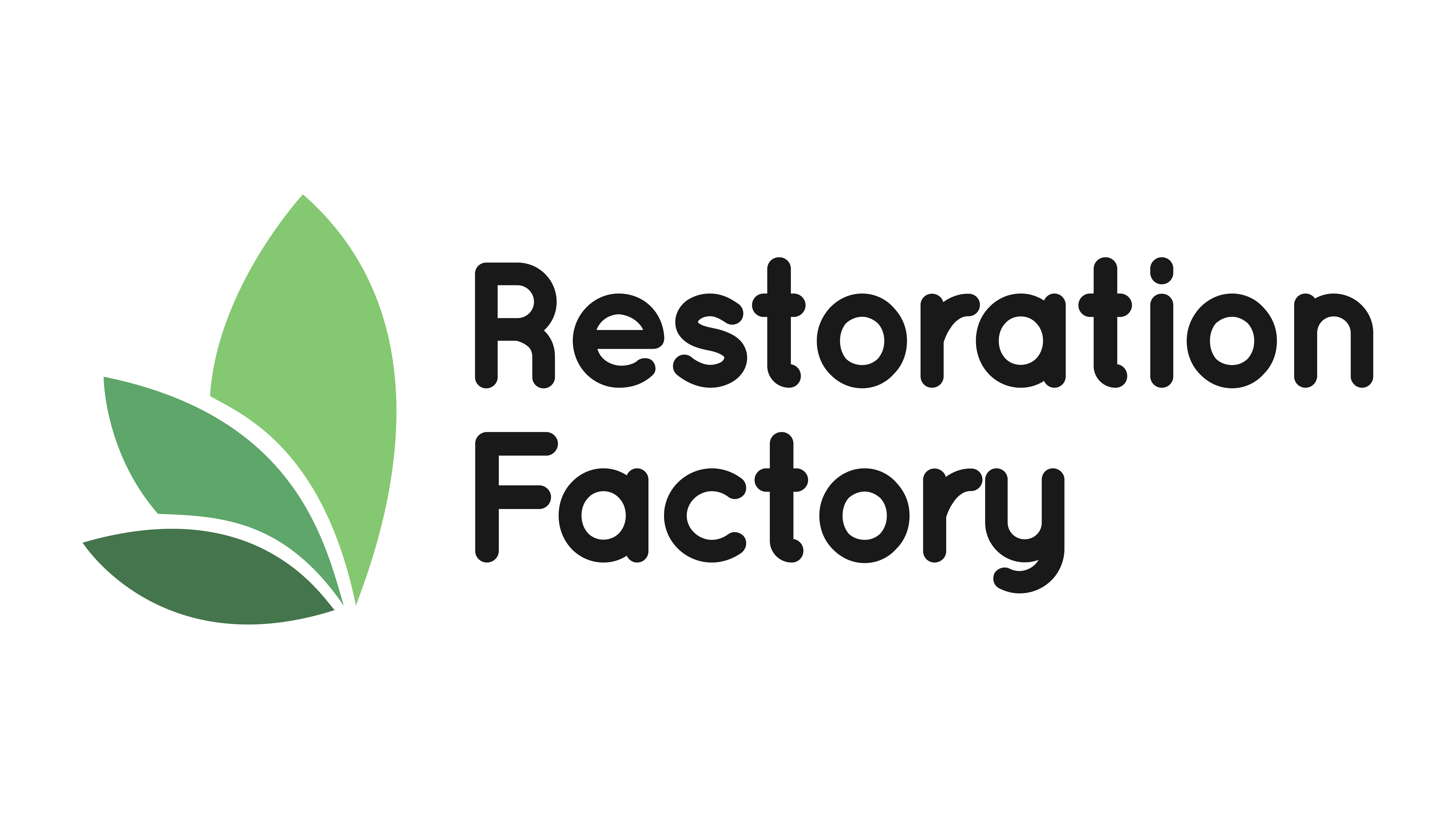Join us in supporting the next generation of entrepreneurs building ecosystem restoration solutions
Contribute to delivering an innovative incubation program focusing on eco-preneurship
Our Partners
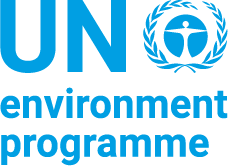
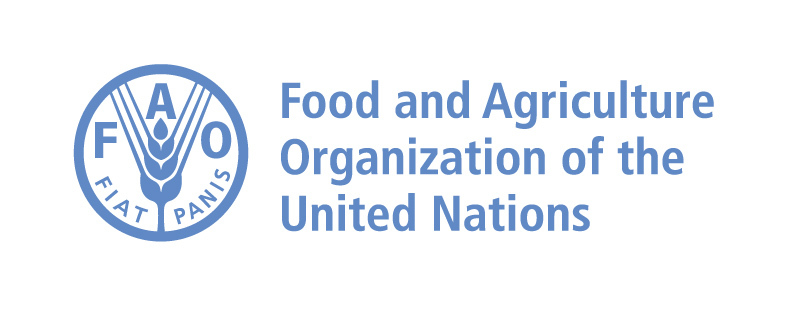
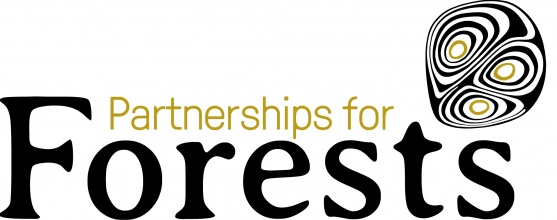
Join us and drive social innovation in Kenya
The United Nations Environment Programme (UNEP), the Food and Agriculture Organization (FAO), and Bridge for Billions, along with the support of Partnerships For Forests (P4F), join forces to create an incubation program that will support up to 50 enterprises with the potential to restore natural ecosystems through sustainable agriculture, forestry, etc.
Why support restoration enterprises?
Kenya’s economy is very dependent on tourism and agriculture, both susceptible to climate change and extreme weather events. Unpredictable rainfalls and recurrent droughts severely affect Kenyan ecosystems and the livelihoods of their communities.
Entrepreneurship Support Organizations’ local knowledge and know-how would be instrumental in reaching out to and equip Kenyan entrepreneurs willing to tackle those challenges
What’s in it for my organization?
Strengthen your support to entrepreneurs
Your organization won’t be alone throughout the program! You will receive different training sessions such as how to run a successful application period or how to start a mentor's community from zero, for example. You will also learn new entrepreneurship frameworks and methodologies as well as best practices between ESOs (Entrepreneurship Support Organizations), among other topics.
Digitize your support
You will manage the whole program easily thanks to a very friendly and efficient online incubation platform for your selected entrepreneurs, with a structured and step-by-step methodology. You will also learn how to better leverage digital tools to run programs and expand your services.
Learn more about our methodology here.
Get compensated
Because we will need your organization to have a dedicated Incubation Manager for this program, we will compensate for the time and resources invested with USD 14,000 (paid in 7 installments upon achievement of key program deliverables and reports).
Read the Terms of Collaboration here.
Gain experience
Gain practical knowledge on scalability and efficiency best practices in the entrepreneurship ecosystem, thanks to a “learn by doing” program experience and active engagement with other ESOs from your country.
Get certified
A certificate in Incubation Management will be provided by Bridge for Billions, proof that you have strengthened your skills even further in cutting-edge entrepreneurship support techniques.
Gain access to Bridge for Billions’ partner tools
Get access to dozens of discounts for you and your entrepreneurs on key tools for early-stage companies, amounting to USD 40,000.
Why should your organization join?
Entrepreneurship Support Organizations (ESOs) need to join forces if we truly want the Kenyan entrepreneurship ecosystem to thrive and grow in the field of ecosystems restoration.
By joining this ecosystem builder initiative, your organization will boost growth and development in the region and make a direct impact on early-stage entrepreneurs by increasing their quality of life and their communities.
Take our word for it! Our “learn by doing” methodology, inspired by MIT’s Disciplined Entrepreneurship, has already supported more than 100 Entrepreneurship Support Organizations, resulting in 3700 entrepreneurs incubated in 98 different countries.
Selection criteria for ESOs
- Must be located in Kenya (there may be regional constraints too to ensure that the ESO is in physical proximity to a specific landscape).
- Must have a reliable and stable internet connection and already a few computers that entrepreneurs can use.
-
Can dedicate at least 50% of the time of one staff member to run the program as Incubation Manager.
See full role description here.
- Can participate in the Training of Trainers cycle for ESOs (~15 hours).
- Can offer a 1.5h training to the rest of the ESOs on their own best practices.
- Accepts the ESOs program conditions described in the Terms of Collaboration.
What will be your role as Incubation Manager?
Apply before March, 30th.

Get trained as Incubation Manager
APRIL
You will benefit from a training cycle of 6 sessions on Program Management & Incubation

Attract and select the best restoration entrepreneurs
APRIL
Actively broadcast the call for restoration entrepreneurs in Kenya to find our 50 participants

Run the incubation program
MAY TO OCTOBER
Week after week, support entrepreneurs and mentors as they develop viable business plans

Close with a pitch event
NOVEMBER
Close the program with an event that shows local stakeholders their viable restoration enterprises
All applications will be evaluated by Bridge for Billions, United Nations Environment Programme (UNEP), Partnership for Forests (P4F), and the Food and Agriculture Organization (FAO).
Please note, your written applications should be submitted using this form.
Out of all the applications, we will choose the finalists based on the selection criteria (read our Terms and Conditions). These finalists will be interviewed before the final selection.
Once all finalists have been interviewed, we will let your organization know whether you have been selected or not. You will sign a contract with UNEP/FAO outlining all the responsibilities and benefits, and start the training cycle and the program!
See what other incubation managers say
Questions about the program?
The Restoration Factory is a mentoring and business incubation support program that assists entrepreneurs and businesses in developing enticing and attractive business models that are focused on restoration of landscapes and ecosystems. To achieve this important objective, the Factory harnesses the expertise of a community of private sector business and restoration mentors who are committed to guide their mentees (the entrepreneurs and business representatives) through each step of their business development journey. This tailored support is then catalysed through a rigorous 6-month training program that is based on the best business development curriculums, including the MIT’s disciplined entrepreneur method. It is practical, solution-oriented and evidence-based, promoting a scientific method of verifiable experimentation, through assumptions, tests and validations, with the aim of helping to prepare restorative businesses for scaling up their operations. Mentees participating in the scheme receive mentoring and guidance in business development, with additional support available for those developing the strongest business ideas, scaling and investment plans. By applying as “Incubation Manager” on behalf of your incubator/accelerator/ESO, you will be a key implementing partner for this program, hand in hand with Bridge for Billions, the other implementation partner who will train you and provide you with access to their cutting edge entrepreneurship support platform.
“ESO” stands for “Entrepreneurship Support Organization” and can refer to an Incubator, Accelerator, Coworking, Vocational School, VC Fund, University, Foundation, NGO, Innovation Hub, Public entity, or any other structure whose primary focus is supporting entrepreneurs. In this case priority will be given to ESOs with prior experience supporting eco-preneurs or agro-focused entrepreneurs as this program focuses on founders whose businesses contribute to restoring natural ecosystems, hence the name “The Restoration Factory”.
In order to propose a blended approach (online/offline) to restoration businesses’ entrepreneurial support, the Restoration Factory will select local Entrepreneurship Support Organizations (ESOs) on the ground in each country of implementation. These ESOs are expected to mobilize one staff (50% of a full time role) to become “Incubation Manager” for the program. The Incubation Manager is responsible for the operational implementation of one or more Restoration Factory entrepreneurship programs, in close collaboration with the other Incubation Managers (as there will be anywhere from 2 to 3 ESOs co-managing each program), and a Bridge for Billions Program Manager.
Together, they are accountable for the program’s success. This includes finalizing the program timeline, communicating with participants, monitoring and facilitating their engagement with the program, the platform and their mentor, tracking the progress of each participant, and providing support to participants (entrepreneurs and mentors) throughout the incubation program, from selection to the closing sessions of the program. This role requires about 10 hours of work per week throughout the program (8 months in total from the ESO training and call for participants to the final event and impact evaluation).
- Strengthen your support to entrepreneurs – training topics will include but are not limited to: Running a successful application period, Starting a mentors community from zero, Learning new entrepreneurship frameworks and methodology, Facilitation training to better engage the cohort, Best practices sharing between ESOs, etc.
- Get certified – A certificate in Incubation Management will be provided by Bridge for Billions.
- Digitize your support — you will manage the whole program with the Restoration Factory platform, a very friendly and efficient online incubation track for your selected entrepreneurs, with a structured journey based on MIT’s Disciplined Entrepreneurship methodology. You will also learn how to better leverage digital tools (Zoom advanced hacks, WhatsApp, etc.) to run programs to expand your services.
- Gain experience – Gain practical experience and best practices through a “learn by doing” program experience and active engagement with other ESOs.
- Gain access to Bridge for Billions partner tools – Get access to dozens of discounts for you and your entrepreneurs on key tools for early-stage companies.
- We will compensate the time of your Incubation Manager USD 14,000 for the whole program (7 months total), paid in 7 instalments (1 per month) upon achievement of key program deliverables:
- 1st payment upon delivery of monthly activity report and marketing materials for the launch of the call — USD 2,000
- 2nd payment upon delivery of monthly activity report and guidance notes to inform the contextualization of the incubation program and its onboarding process — USD 2,000
- 3rd, and up to the 6th payment, upon delivery of monthly activity report and an update brief on the evolution of the cohort under supervision — USD 2,000/month
- 7th and last payment upon delivery of monthly activity report and an update brief summarizing results and key performance indicators — USD 2,000
Eligibility criteria (knock-out) :
- The ESO must be legally registered and physically based in Kenya.
- The ESO must have been operating for at least one year
- The ESO should have a team of at least 2 full-time employees (including founders).
- The ESO should have a stable and reliable internet connection and a physical space to receive groups
- Can dedicate 50% of the time of one staff to run the program as Incubation Manager.
- Can participate in Training of Trainers for ESOs (~15 hours).
- Can offer a 1.5h training to the rest of the ESOs on their own best practices.
- Accepts the ESOs program conditions described on this page.
Selection criteria (used to evaluate candidates):
- Have prior experience running entrepreneurship programs.
- Coachable and willing to share knowledge with the group.
- Motivation to join the program and be trained in their core activity.
- Prior sectoral knowledge in sustainable agriculture, the environment, restoration…
- Good facilities and support environment.
- Good connection with other ecosystem players.
- Overall quality of the written and oral application to the program
Forest and landscape restoration is the process of reversing the degradation of soils, agricultural areas, forests, and watersheds thereby regaining their ecological functionality. Restoration can happen by taking deliberate steps to integrate a greater number and variety of tree species into gardens, farms, fields and forests; or by allowing natural regeneration of overgrazed, polluted or otherwise overused ecosystems. Essentially, it is a process to improve the productivity and capacity of landscapes to meet the various and changing needs of society.
Forest and landscape restoration is the ongoing process of regaining ecological functionality and enhancing human well-being across deforested or degraded landscapes. Such restoration is more than just planting trees – it is restoring a whole landscape to meet present and future needs and to offer multiple benefits and land uses over time.
Restoration manifests through different processes such as; new tree plantings, managed natural regeneration, agroforestry, or improved land management to accommodate a mosaic of land uses, including agriculture, protected wildlife reserves, managed plantations, riverside plantings and more.
Restorative businesses are those that help to deliver forest or landscape restoration, either directly or as a by-product of their business and business operations. Restorative businesses are often focused on things like;
- Creating value from standing forest; Based upon harnessing the high variety, value and productivity of naturally growing forest products and environmental services in standing primary and secondary forest. They are high-value because the products and services which are produced by intact forests generate high market value per unit, and low-intensity because the impact on the forest is minimal or almost non-existent. Examples; Payments for ecosystem services, Wild forest production, Ecotourism, Reduced impact logging. Creating value from partially degraded standing forests can help raise the value of that forest and half further degradation. Over time natural or human-assisted reforestation and restoration can happen.
- Creating value from forest regrowth on degraded land; Restoring previously degraded land and returning that land to a state that is as close as possible to natural forest. A diverse mixture of regrowth vegetation that increases both above- and below-ground biodiversity and biomass. Restoring degraded land can support livelihoods and increase economic productivity by restoring soils and water, delivering climate change mitigation by sequestering carbon and enhancing biodiversity and other key ecosystem services outcomes (clean water, reduced erosion, enhanced soil fertility, etc.). Examples; Regrowth of natural forest for compliance or voluntary purposes (payments for environmental services), regrowth to productive forest systems.
- Creating value from pasture regeneration; rangelands cover over 70% of the country providing important benefits in terms of livelihoods and biodiversity conservation. Based on the national restoration opportunities assessment carried out in 2016, two main restoration approaches were identified: grass reseeding using improved grasses providing economic benefits through grass (hay), grass seeds and carbon sequestration and prompting silvo-pastoral system where grass reseeding is done with Acacia senegal for gum production. The improved fodder would also impact livestock production in rangelands through added milk and meat products.
- Creating value from coastal zone regeneration; Kenya’s coastline is about 600km long and extends from the Border with Somalia in the North to the Tanzanian border in the south. It has rich natural resources, which are of great economic, social and cultural value to the coastal region inhabitants and the nation at large. Coastal and marine ecosystems provide ecosystem services on which key economic sectors depend, including tourism, shipping, agriculture, fisheries and to a lesser extent mining and manufacturing. Restoration of strategic landscapes and seascapes combined with the application of good agriculture and fisheries practices will help promote models of sustainable and resilient growth for the country while ensuring that the potential of new promising sectors like aquaculture is met.
Further information on the need, role and opportunities for restorative businesses is available from the platform of the UN Decade on Ecosystem Restoration: https://www.decadeonrestoration.org/types-ecosystem-restoration
Bridge for Billions is a social enterprise that helps all kinds of organizations to design, build and manage their entrepreneurship & innovation programs to generate value for all parties involved. Their goal is to democratize access ti quality entrepreneurship support. UNEP and FAO partnered up with them to set up and run The Restoration Factory, so if you are selected as Incubation Manager / ESO for this program, they will train and guide you to make the program a success!
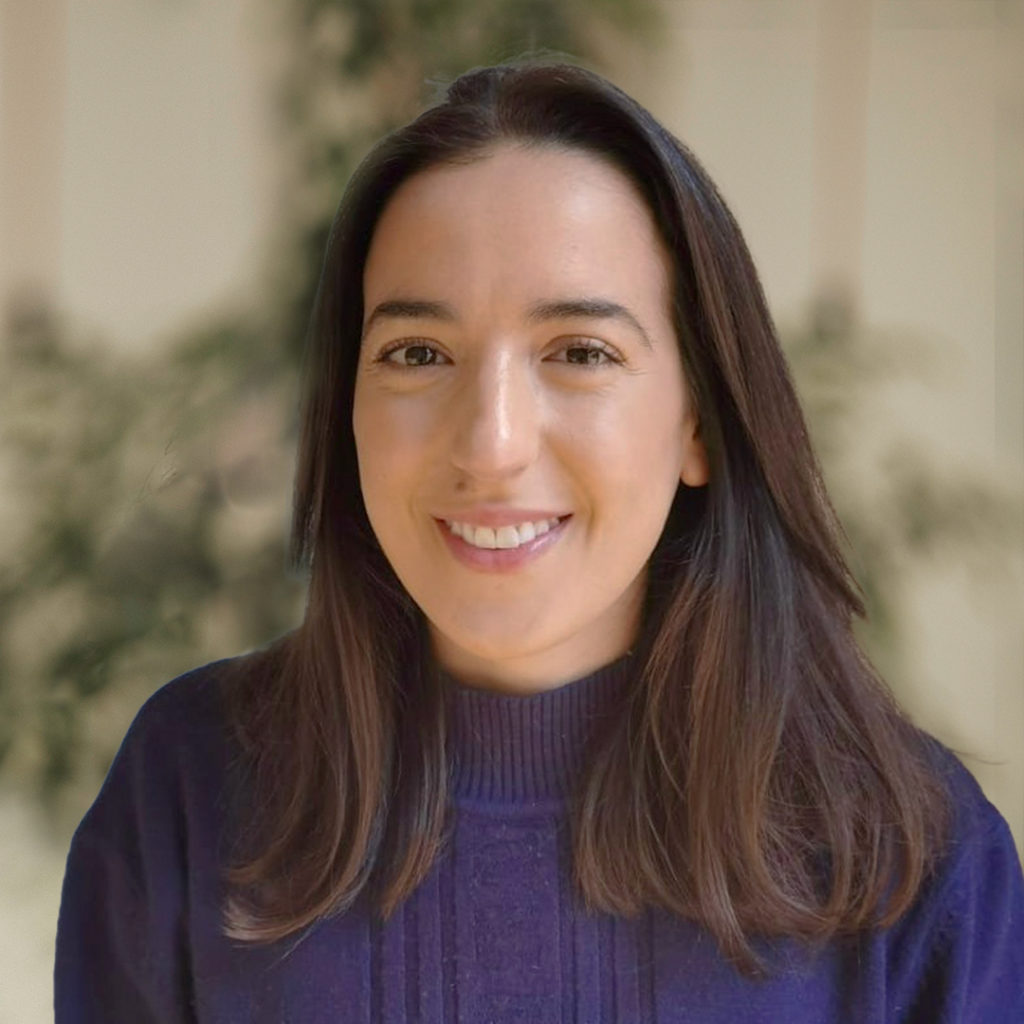
Do you have any other questions?
Connect directly with Margarida, Program Manager of the Restoration Factory Program.
